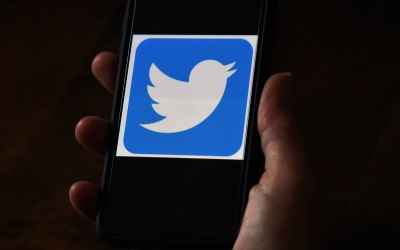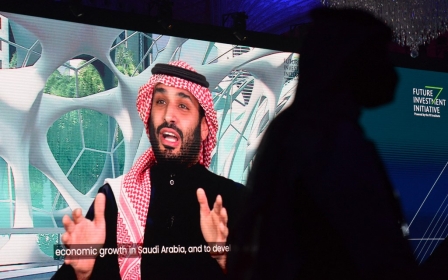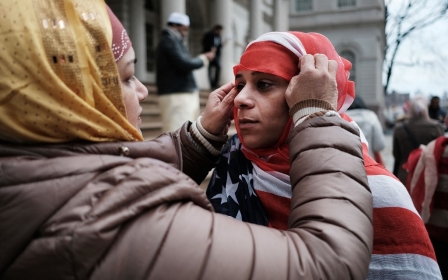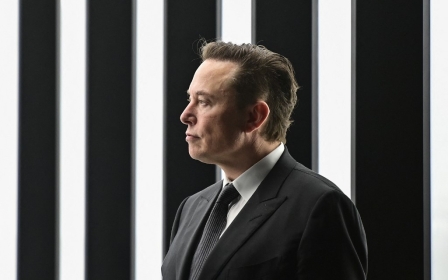US senator requests federal probe into Saudi stake in Twitter
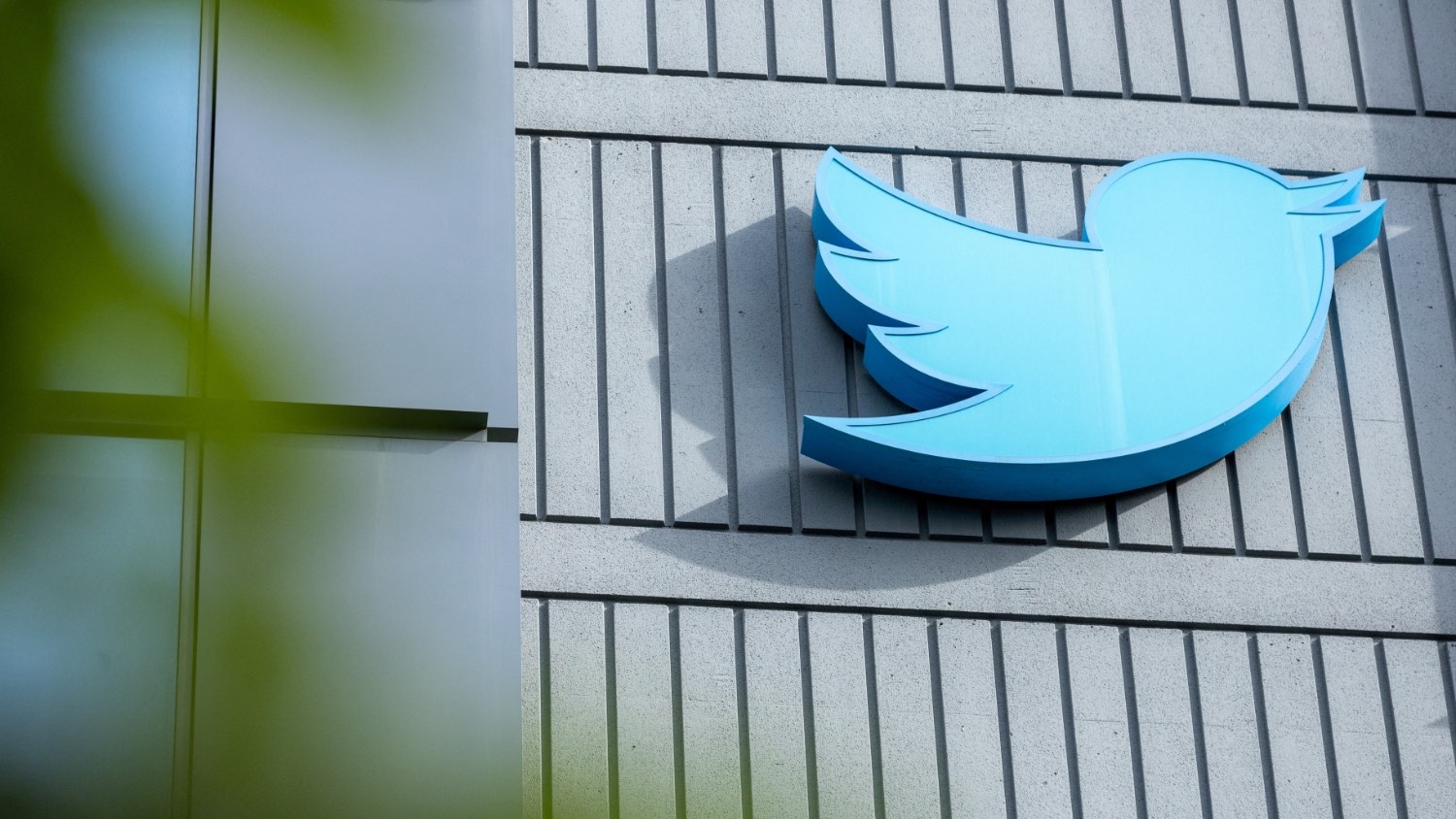
US Senator Chris Murphy has raised concerns about Saudi Arabia's stake in Twitter after its takeover by Elon Musk, sending a letter to the Treasury Department requesting a federal probe that would review the national security implications of the foreign investment.
Murphy, a senior member of the Senate Foreign Relations Committee and vocal critic of Saudi Arabia, said in his letter sent on Monday that given "Twitter’s critical role in public communication, I am concerned by the potential influence of the Government of Saudi Arabia".
"Any potential that Twitter’s foreign ownership will result in increased censorship, misinformation, or political violence is a grave national security concern," Murphy said in the letter sent to the Treasury's Committee on Foreign Investment in the United States (CFIUS).
"Saudi Arabia is one of the most repressive countries in the world, with little to no tolerance for free expression."
Among the investors backing Musk's $44bn takeover is Saudi Prince Alwaleed bin Talal, who through the Kingdom Holding Company and his private office agreed to roll over their nearly 35 million Twitter shares into Musk's offer, worth about $1.9bn. Qatar has also backed the takeover with $375m.
Murphy said the Saudi stake would have a direct impact on US national security, pointing to the country's "repression of free speech and political dissent inside and outside of the Kingdom's borders".
The letter also comes amid turbulence in the US-Saudi relationship, after an Opec+ decision to cut oil production led to outrage from the Biden administration which subsequently said they would be looking to reevaluate the relationship with Riyadh.
"The purpose of these reviews is clear: to protect the national security interests of the United States and American citizens," the letter said.
Saudi activists have for years called out the kingdom for its repression of the freedom of expression throughout the country, and how Riyadh issues lengthy jail sentences to individuals for tweeting criticism of the government.
In August, a former Twitter employee was found guilty of spying for Saudi Arabia by handing over the data of users who criticised the kingdom to a Saudi official close to the royal family.
Last February, Twitter removed the blue verified badge from the accounts of several Saudi political prisoners, including two prominent clerics who were detained in a crackdown against reformists, activists and government critics.
Saudi's Twitter stake not new
Saudi Arabia's investment in the social media platform is not new.
In 2011, Prince Alwaleed bin Talal's Kingdom Holdings invested $300m, equalling a more than three percent stake.
The Saudi royal later bought more shares, and in May he signalled the stake would roll into Musk's deal. According to Axios, SEC filings from Monday show that Saudi Arabia is now Twitter's second-largest shareholder, with a four percent stake.
Murphy said on Twitter that he was aware of this. However, he argued that "the Saudis could have cashed out" and that instead of doing this they "allied with Musk in his takeover bid".
It's unclear whether CFIUS will take on the investigation that Murphy is calling for. Members of the Saudi royal family are regular investors in US companies, including in the tech sector.
But between 2019 and 2021, CFIUS only probed six deals involving Saudi foreign investment.
Other lawmakers have meanwhile raised separate concerns over Musk's takeover bid, namely on whether China would have any influence on the billionaire's ownership of the company.
Senator Mark Warner, the chairman of the Senate Intelligence Committee, raised this concern in an interview with Bloomberg, as Musk's electric car maker Tesla has a massive factory in China.
Middle East Eye propose une couverture et une analyse indépendantes et incomparables du Moyen-Orient, de l’Afrique du Nord et d’autres régions du monde. Pour en savoir plus sur la reprise de ce contenu et les frais qui s’appliquent, veuillez remplir ce formulaire [en anglais]. Pour en savoir plus sur MEE, cliquez ici [en anglais].


